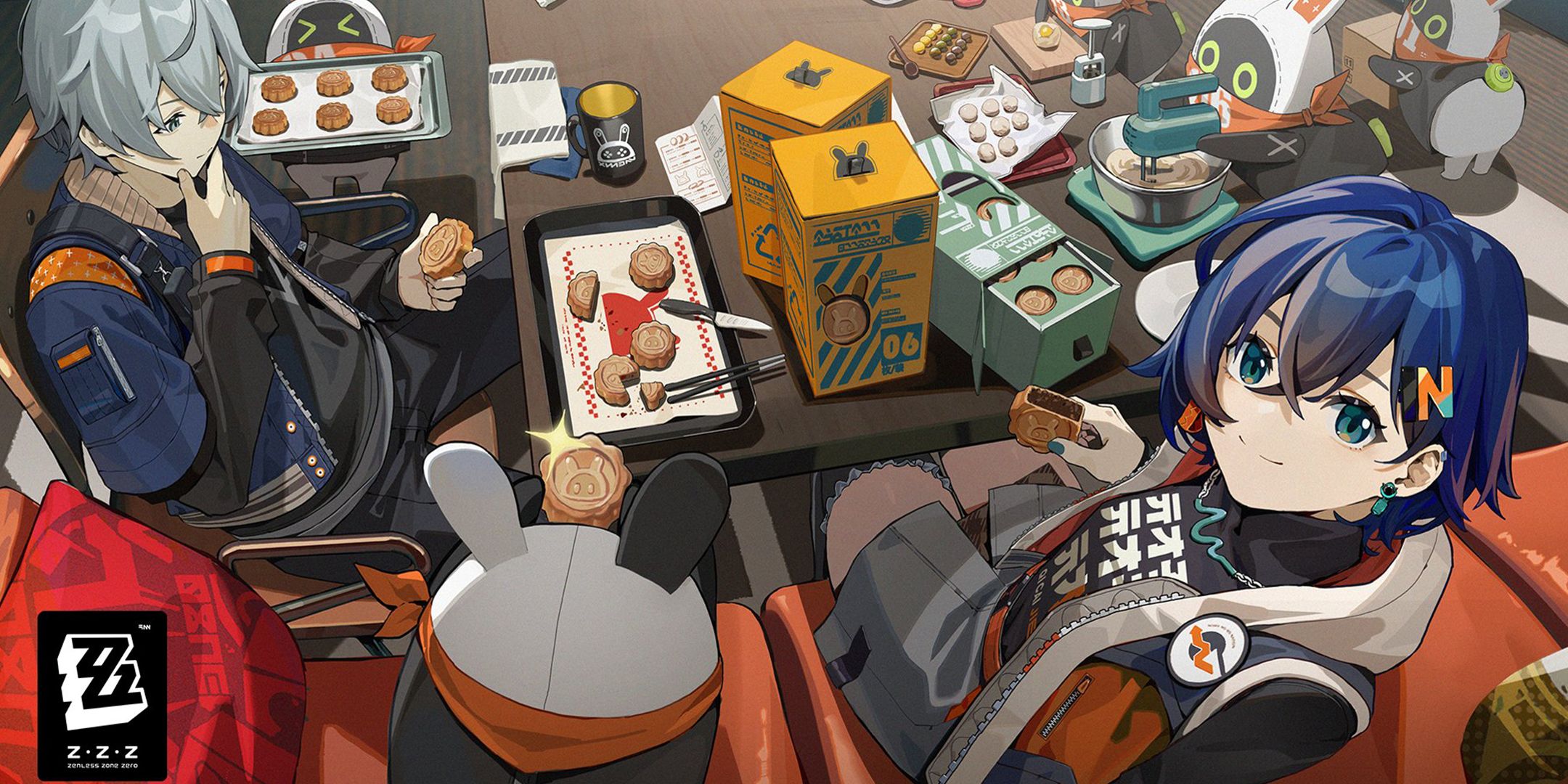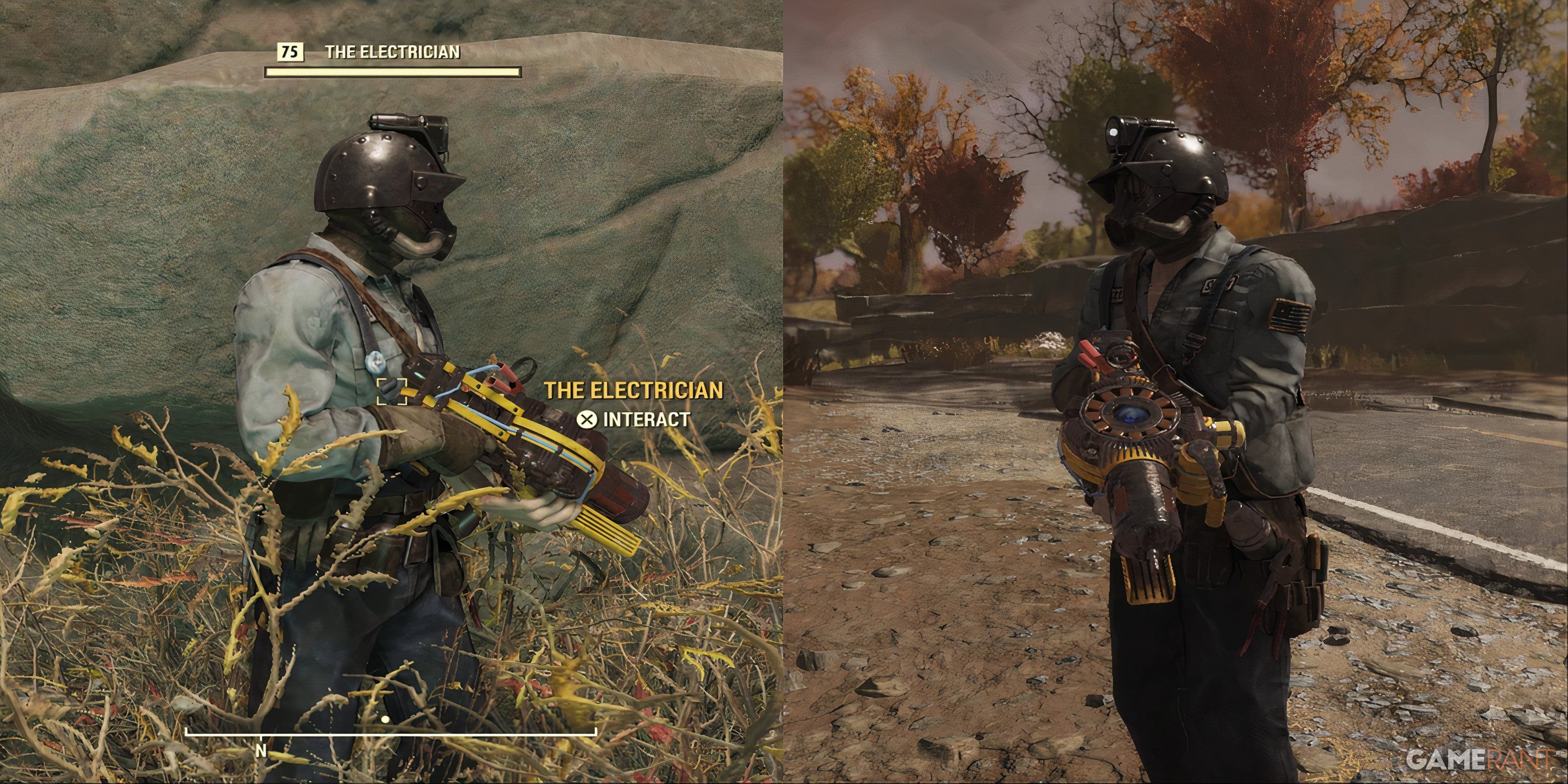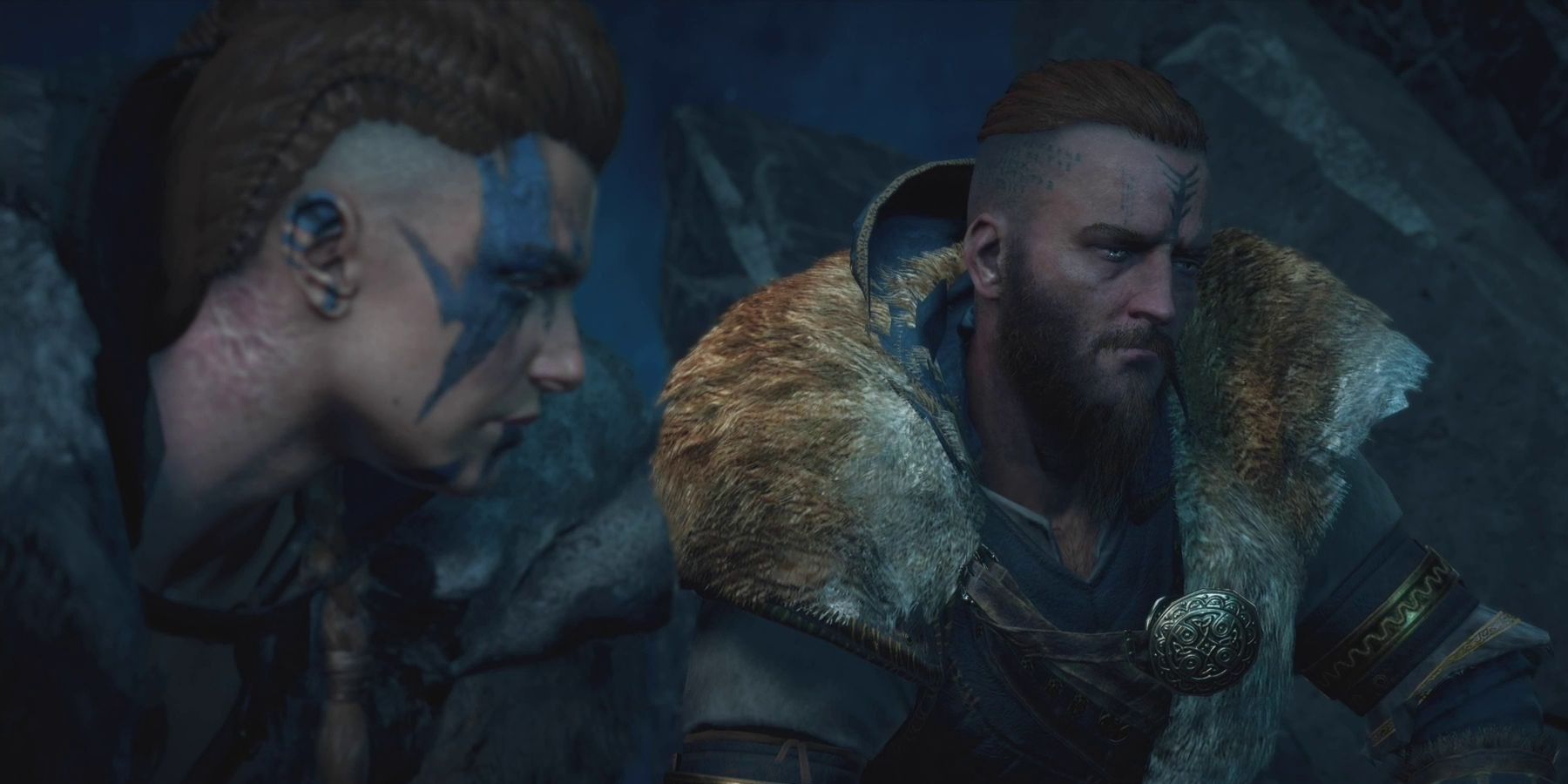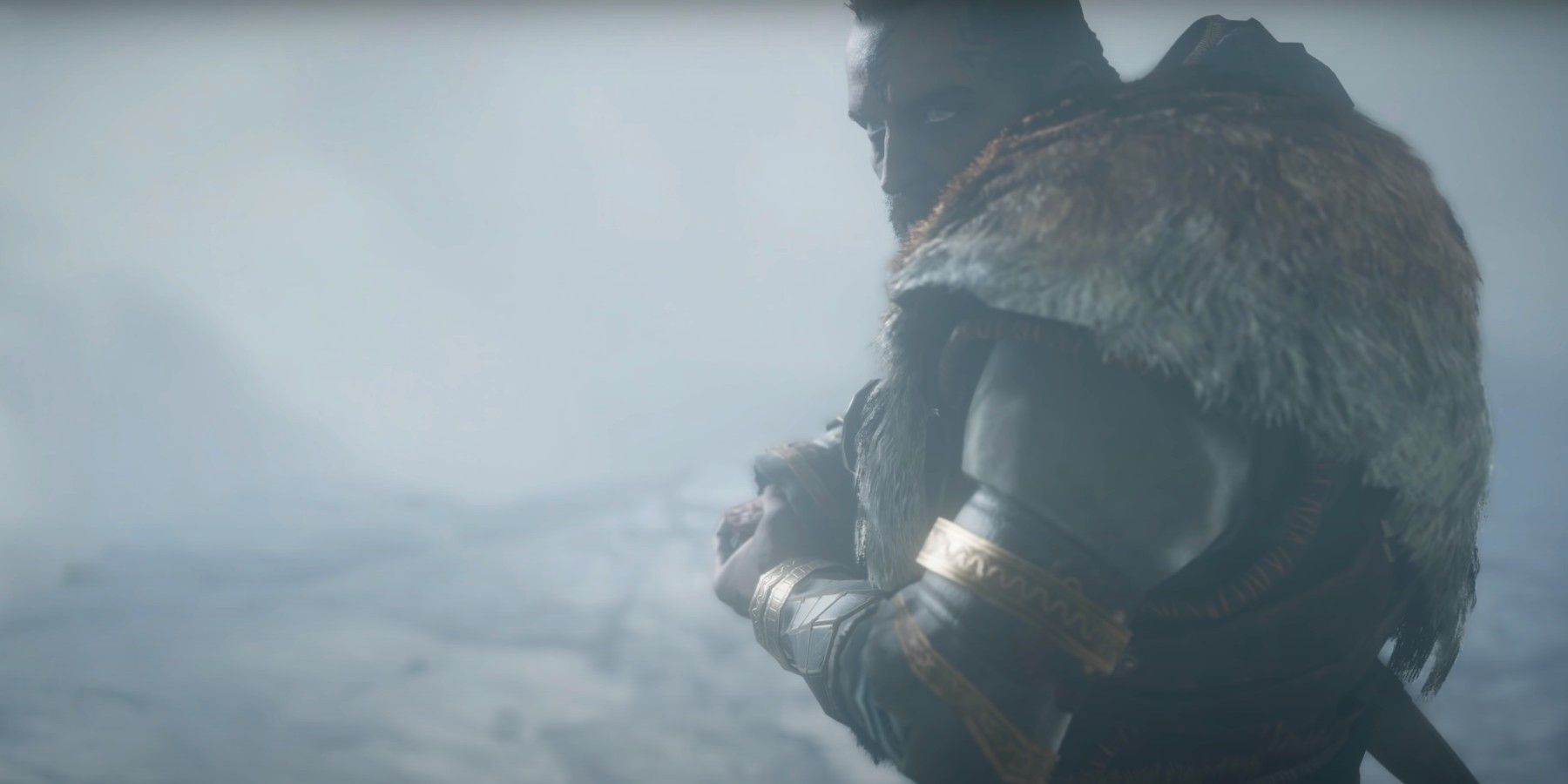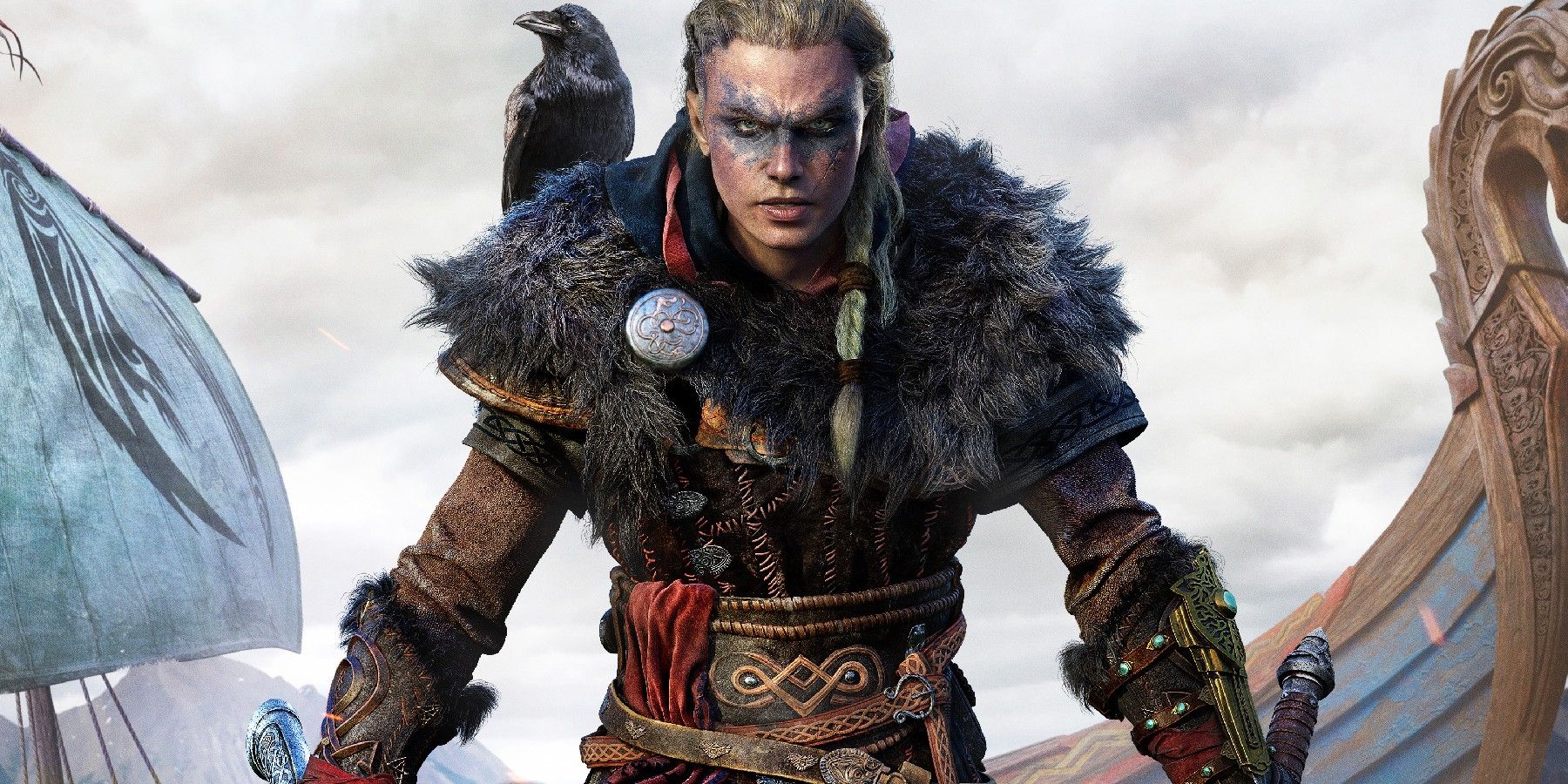In Assassin's Creed Valhalla, the protagonist Eivor and their adopted sibling Sigurd demonstrate the two sides of character motivation: intrinsic and extrinsic. The two leaders of the Raven Clan in Assassin's Creed Valhalla work to increase the influence and prosperity of the clan as they travel around England gaining new alliances and territories. However, as the game progresses, players are made aware that, though Eivor and Sigurd have a common goal, their motivations are quite different.
In any given narrative, there are three elements that are at its core: plot, setting, and character. Without these, there can be no story. Characters are the lifeblood of a narrative - they are the pivot pieces around which the plot happens. So, when there are dynamic, vibrant characters in a story, it becomes more engaging and compelling. For example, movies and tv shows like Attack on Titan give their characters specific arcs and storylines that show growth and change over time, which makes the narrative more compelling. One way that writers make their characters more multidimensional and less flat is by giving them motivations.
Intrinsic vs. Extrinsic Character Motivation
Video game developers are always looking to make character motivations more central to the gameplay, like the World of Warcraft devs adding character motivations and consequences in Eternity's End. Character motivation can be either intrinsic or extrinsic. Intrinsic motivation is when a character is driven by their own principles and ideas. Extrinsic motivation is when a character is driven by external factors or things to be gained. These different types of motivations allow for different types of character development, and this is seen plainly with Eivor and Sigurd in Assassin's Creed Valhalla.
Sigurd's Extrinsic Motivation in AC Valhalla
Sigurd is the son of King Styrbjorn of the Raven Clan, and he feels that he has a birthright to the throne. He wishes to rule over all of Mercia and gain power and prestige for himself and his clan so that they will be forever remembered in the annals of history. He is charismatic and strong and an intelligent leader, which is why the entire clan agrees to his plan to leave Norway and start fresh in England.
However, his motivations are entirely extrinsic, and he rules with a dash of selfishness in his heart. In any big RPG, there are good and bad characters, such as in the best and worst characters from Ghost of Tsushima. And upon further examination, many of the characters that are the most disliked are those that are mostly just out for themselves.
One of the reasons that the character development in Middle-Earth: Shadow of Mordor is so compelling is because of the different motivations of the Uruk captains and how they rise and fall in the ranks because of them. Similarly, Sigurd's regression into cruelty, jealousy, rage, and other negative qualities comes as a direct result of his outlook towards Eivor and his other friends and allies, which is due to his selfish attitude. He is so focused on gaining things for himself and his clan that he loses the ability to distinguish between friend and foe and starts to unwind into madness. It is very reminiscent of Thorin from The Hobbit once he reaches the Lonely Mountain and gains back his kingdom from Smaug.
Eivor's Intrinsic Motivation in AC Valhalla
Eivor Wolf-Kissed is the daughter of Varin and Rosta and eventual Jarlskona of the Raven Clan (if the player chooses the female Eivor as their option in the Animus). She is adopted by King Styrbjorn when her parents are killed by Kjotve the Cruel. From then on, she leads the Raven Clan at Sigurd's side and takes over for him when he is away from the settlement. She is also just as charismatic and intelligent as Sigurd and also has incredible battle prowess and leadership skills. As far as interesting protagonists from Assassin's Creed games go, Eivor joins the ranks as a unique individual with a mysterious connection to Odin and the other Norse Gods.
Unlike Sigurd, though, Eivor is motivated intrinsically. She carries a set of principles, values, and beliefs that keep her grounded in the ever-shifting world around her. She believes in a Viking code of honor as well as brotherhood. She falls back on these beliefs when she goes around Mercia making alliances with other leaders and groups, and she decides to help them selflessly, not with the knowledge that their alliance will increase her own strength, influence, or renown. In the background of all of this, AC Valhalla's Eivor is an Isu reincarnation of Odin, which has its own weight and influence on her life and actions in her present life as well. But, the player interacts more often and more robustly with Eivor as the Viking who works to build alliances and increase her clan's prosperity and standard of living during her time in England.
As Assassin's Creed Valhalla enters its final chapter to give a conclusion to Eivor's story, players look forward to discovering exactly how Eivor ends up being buried in North America, which is a long way from both Norway and England. So, the final chapter should involve a farewell to the settlement of Ravensthorpe and more information about what happens to Eivor in the end. Players can look forward to jumping into this final chapter later this year.
Assassin's Creed Valhalla is available now for PC, PS4, PS5, Xbox One, and Xbox Series X/S.

